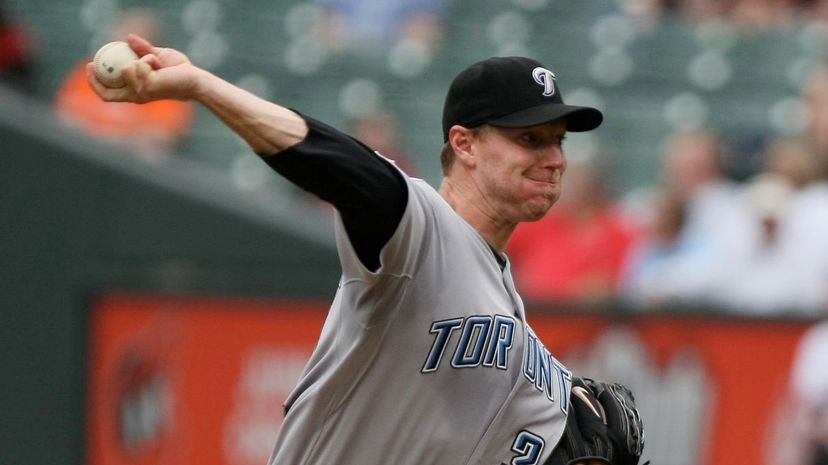
About This Quiz
Baseball isn't just the national pastime; it's an expression of the American philosophy. Baseball embodies many ideals that are part of the American ethos. Unlike games like soccer, baseball isn't against the clock, so as long as players score, they can keep on scoring. Taking dives is frowned on in baseball, unlike other sports where faking an ankle fracture to get someone carded is just considered "part of the game." Baseball is even tied into the fabric of American mythology, with its apocryphal story of Abner Doubleday inventing the game in the sleepy village of Cooperstown, New York.
Cooperstown is baseball's ultimate shrine; hardcore baseball fans make a pilgrimage there at least once in a lifetime to see the Babe's bat or the ball that Mariano Rivera used to teach Roy Halladay his cut fastball. If Yankee Stadium is the grand "cathedral of baseball," then Cooperstown is its Pantheon. Established to help the village withstand the Great Depression, the Hall of Fame has become more than just a tourist attraction. It is a place where legends meet once a year to induct new members of their elite fraternity. It is a museum where the history of the sport is recounted in all its glory and all its ugliness. It is simply "Cooperstown," the Mount Olympus of baseball.
How well do you know your Hall of Famers? Would you recognize them on sight? It's time to test that knowledge, so grab your glove and put on your rally cap, because it's time for the first pitch!
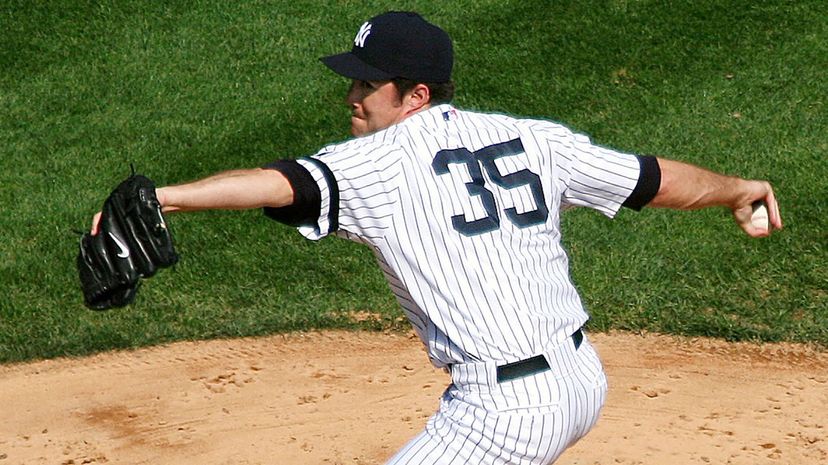
Noted for his intelligence, poise and knee-buckling knuckle-curveball, Mike "Moose" Mussina played the first half of his career for Baltimore and the second half for the New York Yankees. A rare pitcher, Moose was a decent defensive player with a good glove, and a man capable of reliably completing the New York Times Sunday crossword in pen.
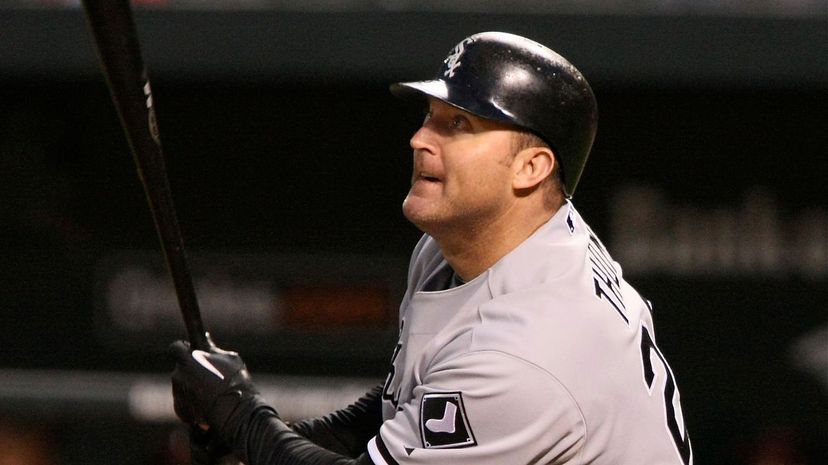
Jim Thome made baseballs afraid. A power-hitting first baseman who spent the bulk of his career in the American league, Thome played for eight teams over his career, was an all-star five times, and during his brief stint in the National League, was the home run leader for a season.
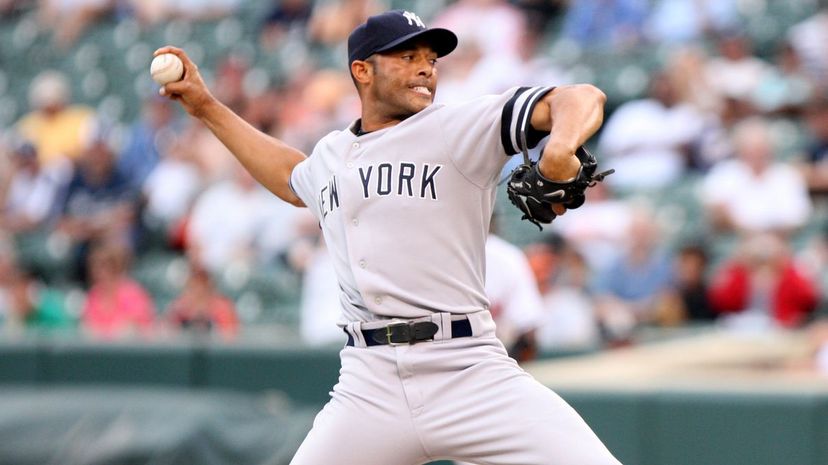
Mariano Rivera was a shortstop, then a middling starting pitcher, but by the time he reached the majors, he was a reliever in the tutelage of one of the great closers. When Mo took over as the closer for the New York Yankees, he became a legend with a cutter he could use to paint corners of the strike zone or shatter bats at will. He was the only unanimous selection to the Hall of Fame.
Advertisement
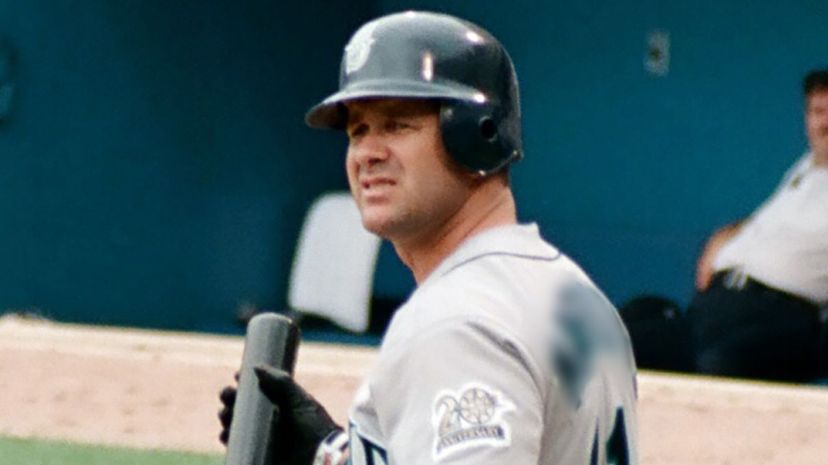
Edgar Martínez is one of the finest players to work for the Seattle Mariners, but the best summary of his legacy in Washington State is "The Double". A seven-time all-star, Martínez clinched the 1995 ALDS against the New York Yankees by hitting a key double in the eleventh inning, allowing the Mariners to advance.
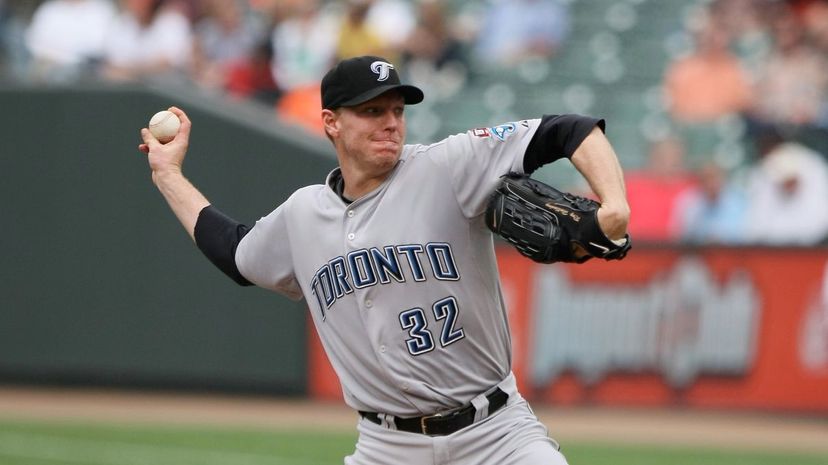
Roy Halladay seemed to become an expert in everything to which he turned his hand. As he advanced in years and knew that he would lose some speed on his fastball, he turned to a fellow player at the All-Star Game, Mariano Rivera, who showed him how to throw a cutter. Armed with the cutter, he threw a perfect game in the 2010 regular season and a no-hitter in the 2010 postseason.
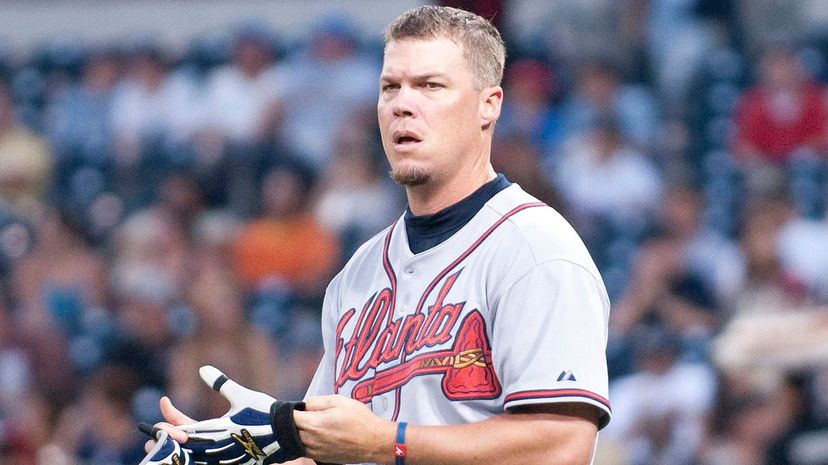
Chipper Jones was the third baseman for the Atlanta Braves from 1995 to 2012. He hit 468 home runs. He had a career average of .303. He was the 1999 NL MVP. All of these things are respectable achievements, but that in 2008, in the autumn of his career, he became the MLB batting champion, is truly remarkable.
Advertisement
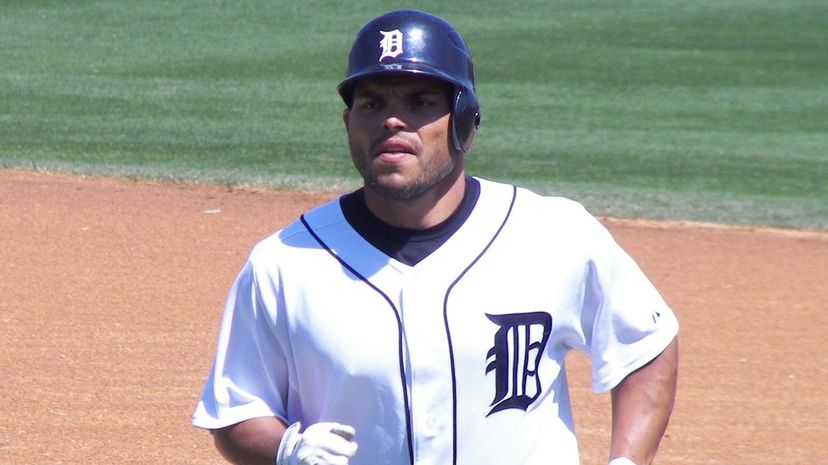
All seven of the teams that employed him should thank their lucky stars for Iván "Pudge" Rodríguez. Pudge wasn't just a wonderful defensive catcher; he was a virtuoso standing in the batter's box. Three hundred eleven home runs may not sound like much for a member of the Hall, but consider that tacked onto a player with 13 gold gloves and you have a solid selection.
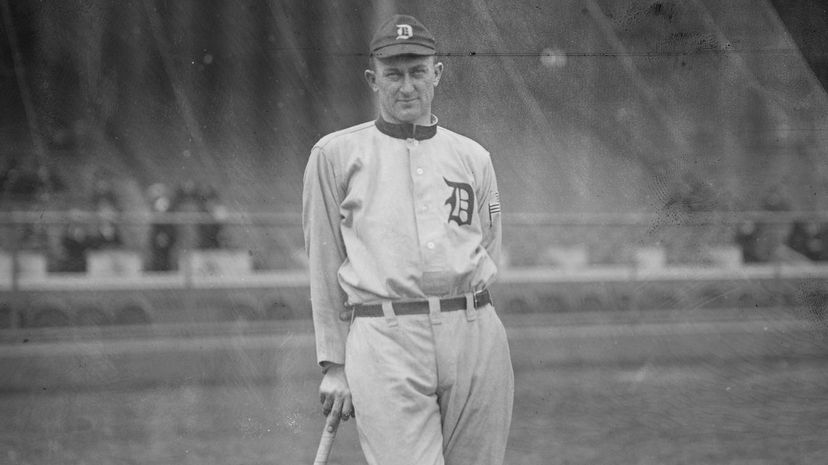
If one player embodied the roughhouse, anarchic, fairly prejudiced early world of professional baseball, it would be Ty Cobb. Ty Cobb was a legendary small ballplayer, known for hitting lots of singles and doubles and stealing plenty of bases. Still, when he was challenged on his notion that hitting homers like Ruth was easy, he proceeded to hit several that day as proof.
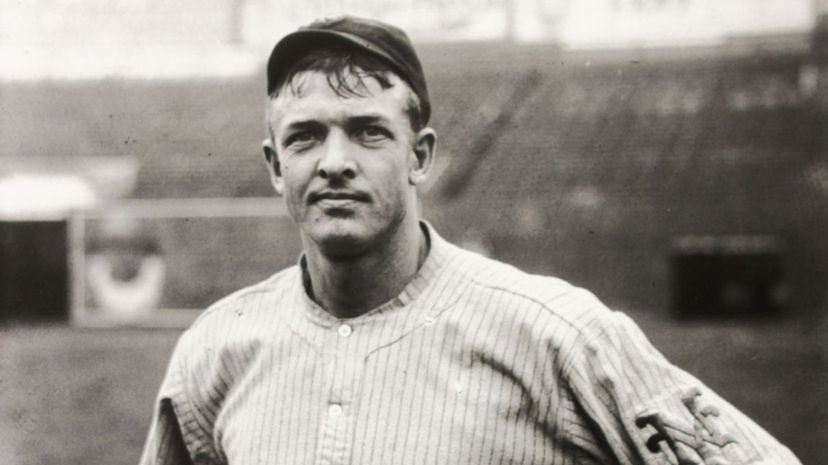
The glory days of the New York Baseball Giants would not have happened were it not for Christy Mathewson. Religious and educated, Mathewson was a new breed of ballplayer. Given his prodigious talent and strong character, it is no shock that, following his early death, he became one of the first class of Hall of Fame inductees.
Advertisement
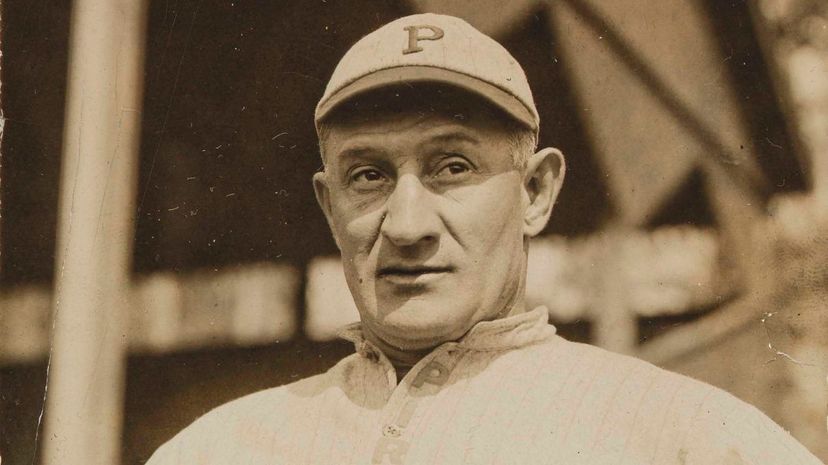
Honus Wagner is perhaps best known today because his face graces the most valuable baseball card sold at auction, but he is a lot more than just a pretty face. A towering talent, he is considered the most exceptional shortstop ever to this day and was even called the greatest player by noted ego Ty Cobb.
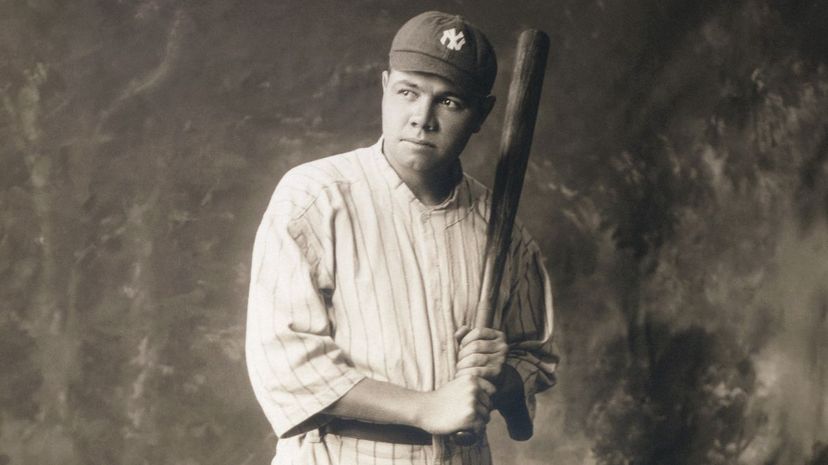
No single baseball player casts a shadow as long as The Babe's. He was one of the greatest pitchers of all time, playing for the Red Sox. Then he was traded to the Yankees, becoming a right fielder and the single season and career home run record holder, numbers that stood for decades.
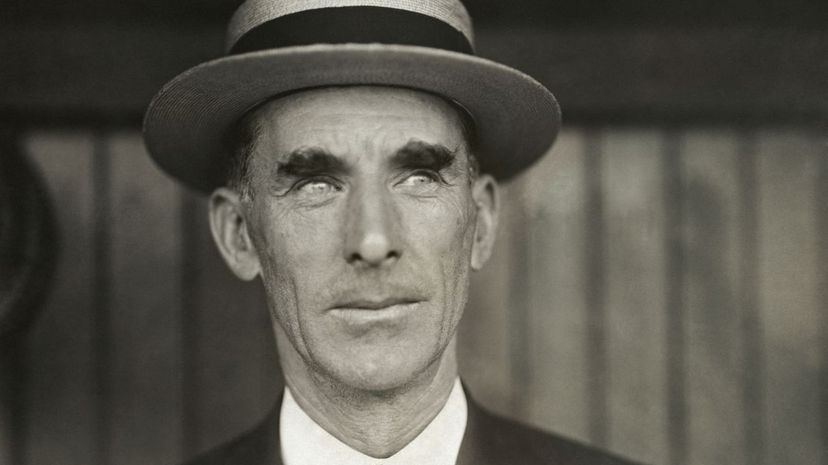
A middling catcher with a sub .250 average, Connie Mack became one of the great managers. As a manager, he ranks third in most World Series wins, with five championships under his belt. While he also managed many teams that ended in the last place, this was mainly due to front office problems outside of his control.
Advertisement
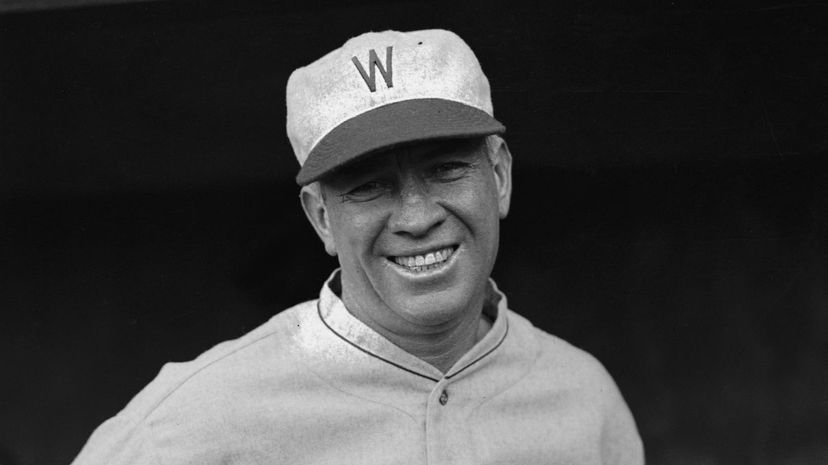
Tris Speaker is one of the great five-tool players in baseball history. As a center fielder, he was a marvelous blend of speed and skill. At the plate, he was a terror. In some ways more valuable than home runs, he was noted for doubles, 792 to be precise, an MLB record that still stands.
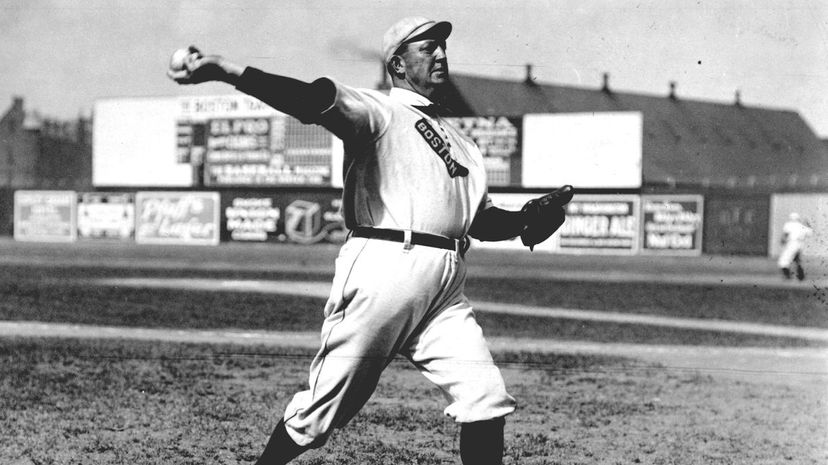
Cy Young was such an amazing pitcher, the award for each league's best pitcher is literally called The Cy Young Award. He compiled 511 career wins. He was a young flame thrower who evolved in a control artist who always found a way to get outs. He is the model for the great starting pitcher.
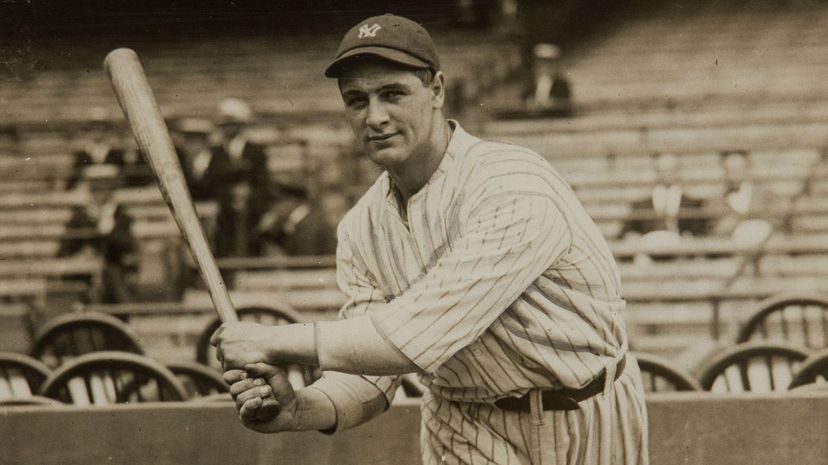
Most people remember Lou Gehrig as the first famous person to die as a result of ALS, resulting in ALS being called simply "Lou Gehrig's Disease" for decades. Why was he famous? He batted behind Babe Ruth. He was a torrid home run hitter. In 16 years, several of which were plagued by ALS, he hit 493 homers, averaged .340, and batting in 1,995 runs.
Advertisement
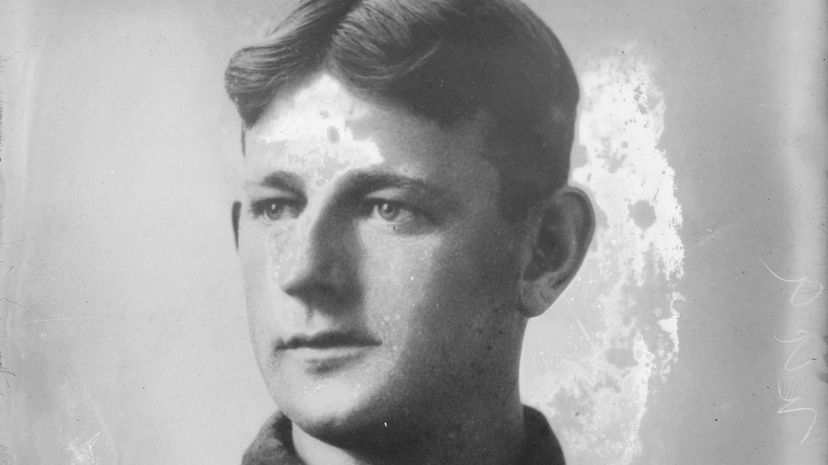
"Happy Jack" Chesbro was a pitcher for three teams, spending the bulk of his time with the Highlanders (later renamed the Yankees). A sturdy starter, despite debuting for New York for the first iteration of the team in 1903, he set an AL record in 1904 with 41 wins, a record that still stands.
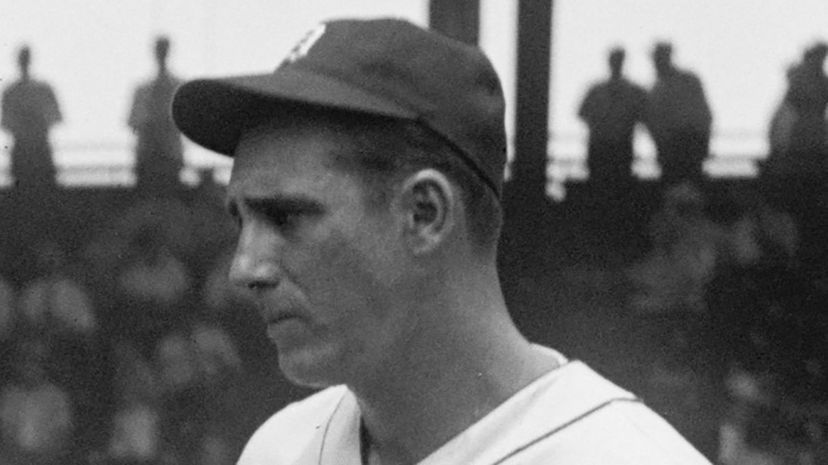
As told in the documentary "The Life and Times of Hank Greenberg," the native New Yorker was nearly a Yankee, except for the presence of Lou Gehrig. As a Tiger, Greenberg almost broke Babe Ruth's home run record and was given special dispensation to play on Jewish high holidays, before serving in WW2 and returning to finish his career.
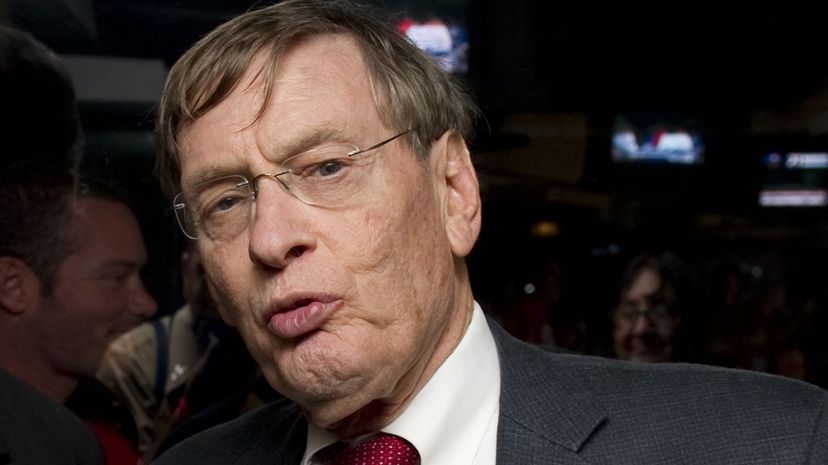
Once the owner of the Brewers, Bud Selig became the ninth Commissioner of Major League Baseball in 1998 after acting in the role for six years. His term in office saw the torrid rise of steroid use and the initial crackdown, an overhaul of many a stadium, and the increased popularity of team-cable-stations.
Advertisement
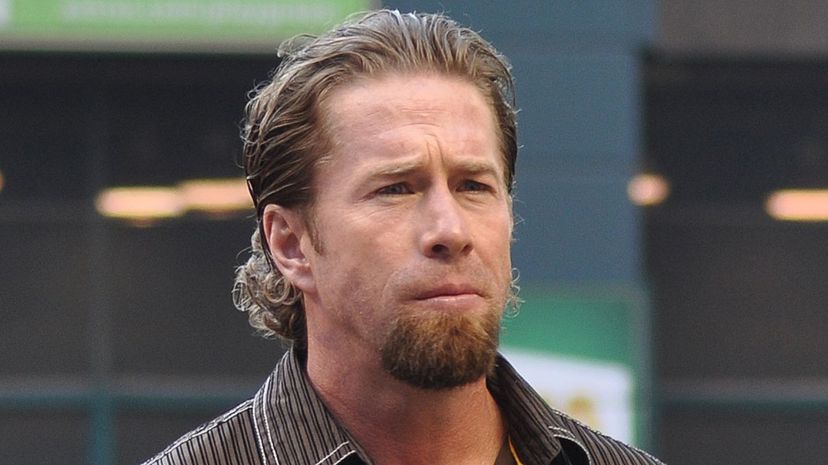
A Red Sox fan from an early age, Jeff Bagwell must have been over the moon when they drafted him, and heartbroken when they traded him as a prospect. Playing for the Astros, Bagwell hammered 449 homers and 1,529 RBIs while hovering just under a .300 average.
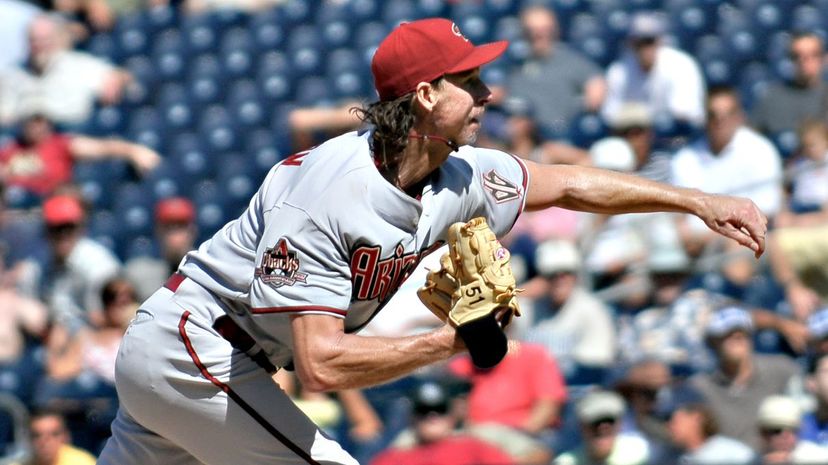
The suggestively named Randy Johnson's suggestive nickname "The Big Unit" had to do with his giant stature. Standing at 6 feet 10 inches tall, the big lefty won the Cy Young Award five times, carved up batters like turkeys, and even killed a bird unfortunate enough to play into the path of one of his demonic fastballs.
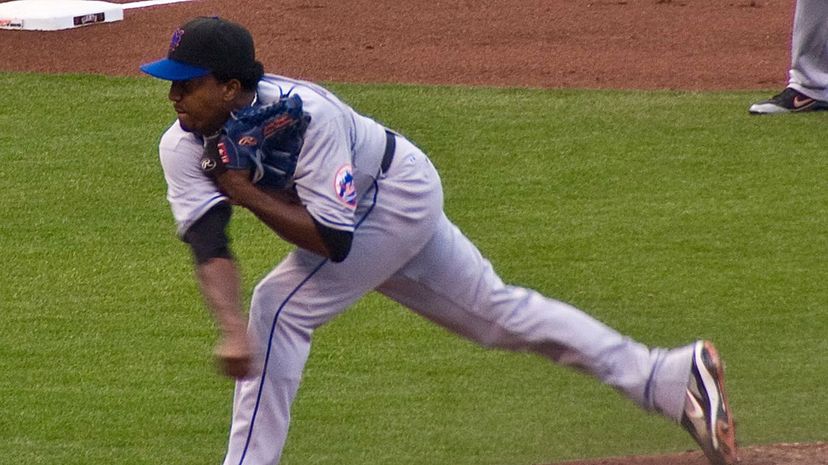
Occasionally arrogant, Pedro Martinez was a star pitcher for the Red Sox and later, the Mets. In 2004, after losing to a surging Yankees team, he showed some unusual humility, an act that, in light of his past arrogance, resulted in frequent fan chants at Yankee Stadium of "Who's your daddy?"
Advertisement
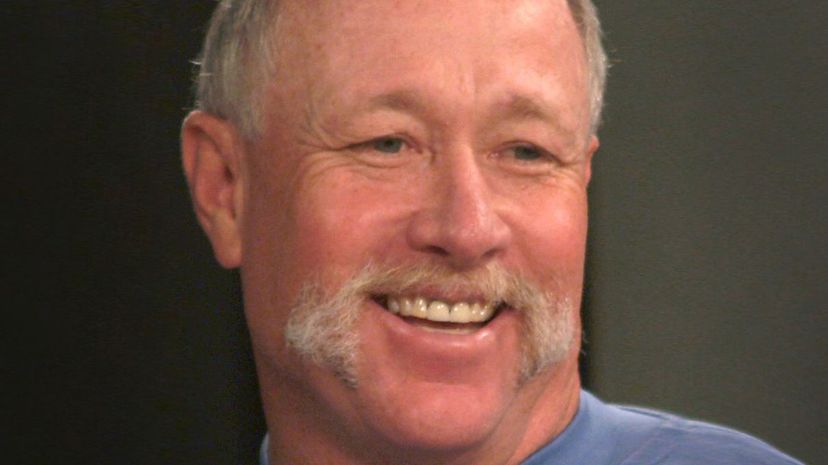
Only Mariano Rivera has more All-Star selections as a reliever than the Goose, who defined the new role relievers would play in his 22-year career. Known for his sometimes overbearing aggression, he compiled 310 saves and an ERA of 3.01 in 1,002 games and remains a mentor to young Yankee pitchers.
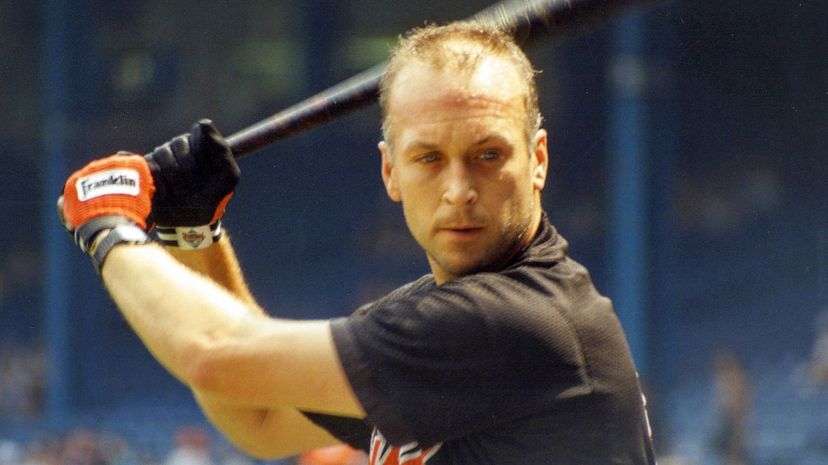
Cal Ripken Jr. had a WAR of 95.9. That alone should gain entrance to the Hall of Fame. That he spent all 21 years of his career with the Baltimore Orioles, changing the role of the shortstop and redefining the type of athlete who would play the position is just gravy.
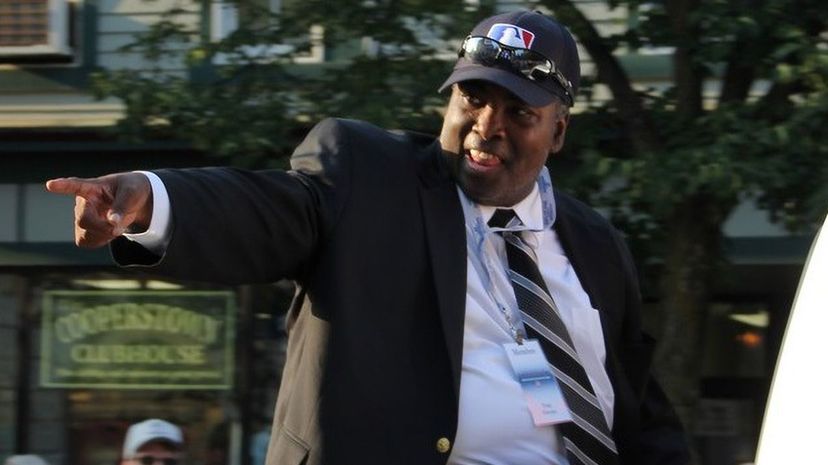
That's right, eight batting titles. Mr. Padre was a great player on a new team, the Padres, and he made his mark with astonishing skill at the plate combining contact, power, and a fabulous eye. A right fielder, Tony Gwynn never hit below .309 in a season, won every kind of award one can for his position and batting, and even stayed with the Padres his whole career.
Advertisement
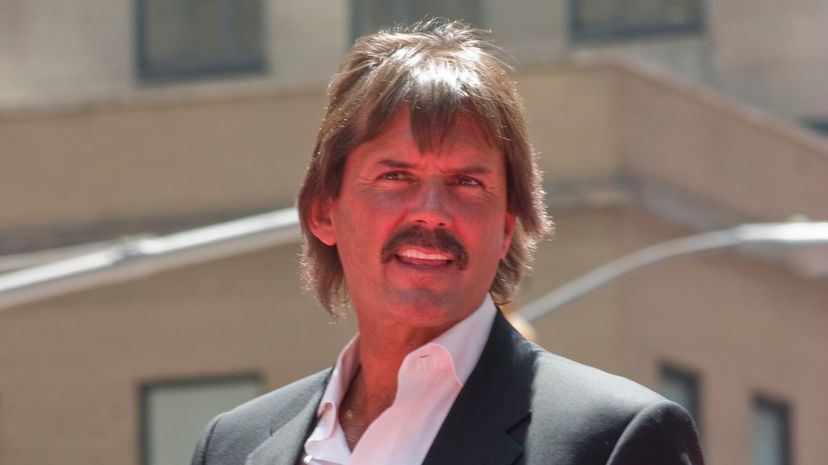
Dennis Eckersley had two baseball careers. His first was as a starter, from 1975 to 1986, with mixed successes, and a few excellent starts. It was when he was traded to the Cubs that he became the legendary Dennis Eckersley, one of the greatest relievers of all time.
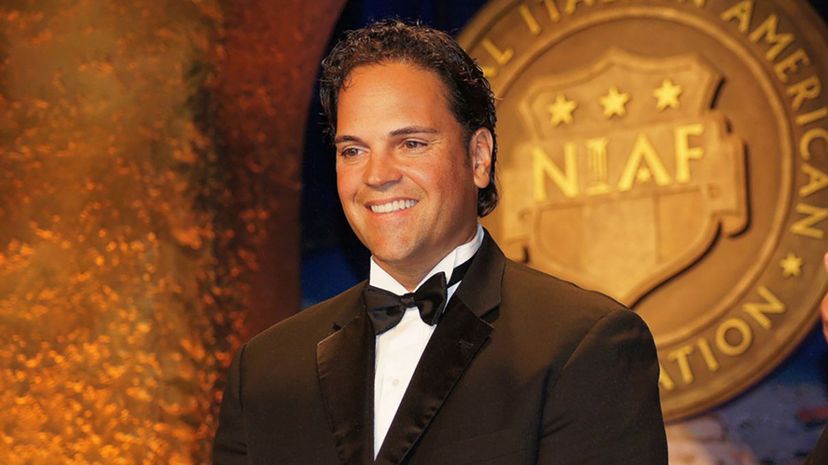
Mike Piazza has the most home runs for a catcher, but even if that weren't the case, he'd still have a strong argument to be in the Hall of Fame. Piazza had a slugging percentage of .545 and 427 career homers.
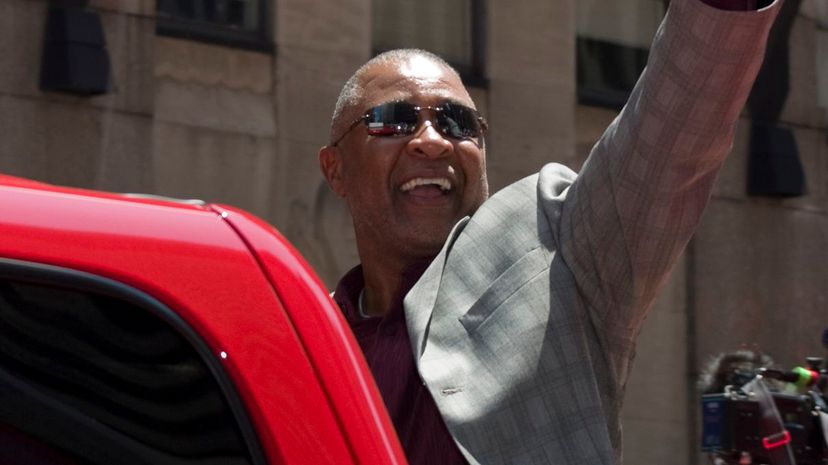
Thirteen. That's how many consecutive gold gloves Ozzie Smith won as a shortstop, a feat that would argue for his place in the Hall, except that he was also an excellent all-around player. With a respectable .262 average, Ozzie Smith had numbers adding up to a WAR of 76.9.
Advertisement
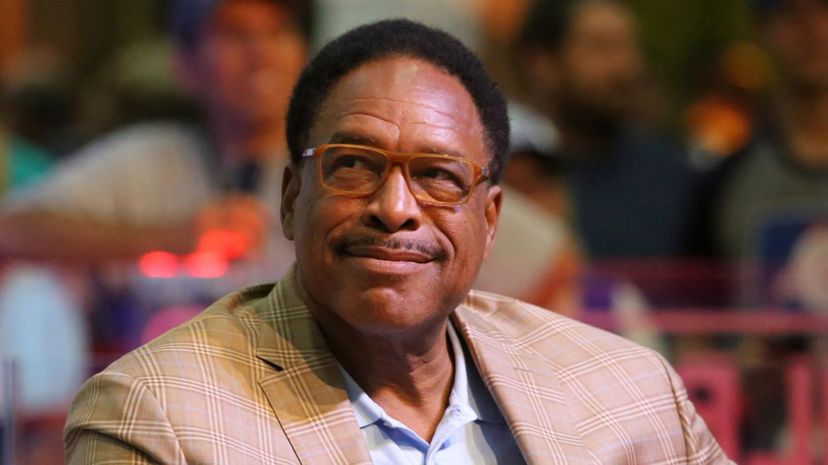
Dave Winfield was one of the first great Padres, but he is perhaps best remembered for his time in New York where, under the fiery George Steinbrenner, he was one of the new generations of well-paid free agent superstar Yankees of the 1980s. When Steinbrenner felt he was underperforming one season, he mocked his good play early on, dubbing him "Mr. May."
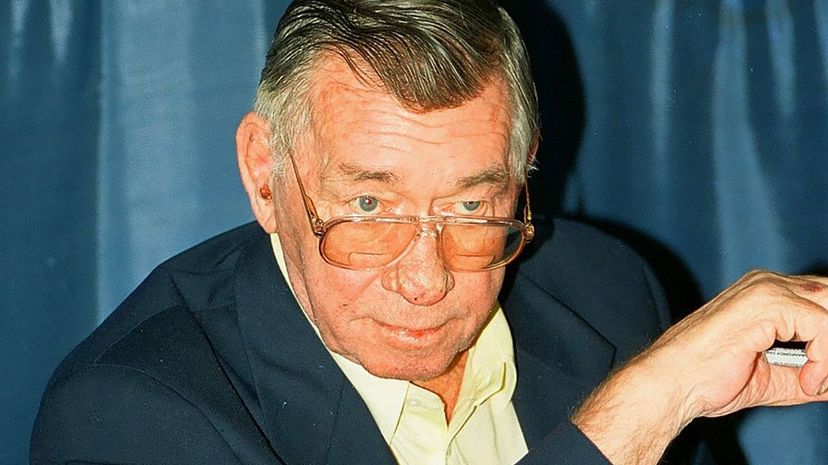
Bob Lemon was part of the team that brought a championship to Cleveland for the first time in 30 years. With seven 20-win seasons and seven consecutive all-star selections, after retiring as a player, he went on to manage, leading the Yankees to their 1978 World Series.
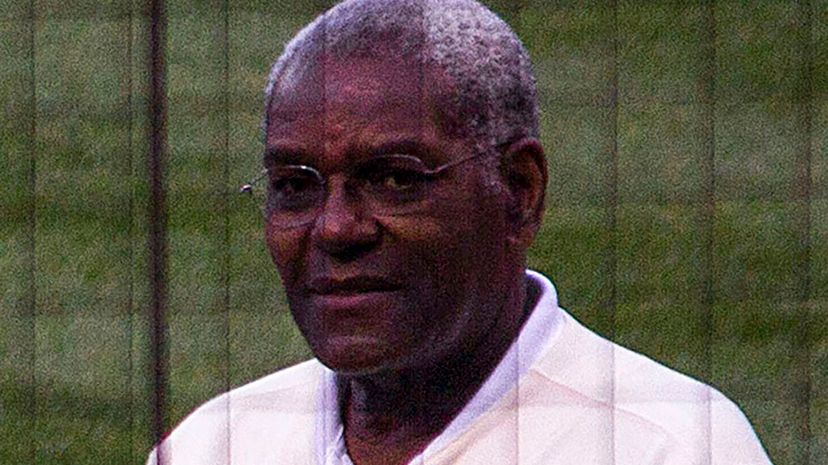
Bob Gibson is the sort of player the fans love, and teams cherish. He played his entire career with St. Louis, throwing a no-hitter, selected for nine all-star games, winning two Cy Young awards, two World Series, and two World Series MVP awards. Truly one of the greats.
Advertisement
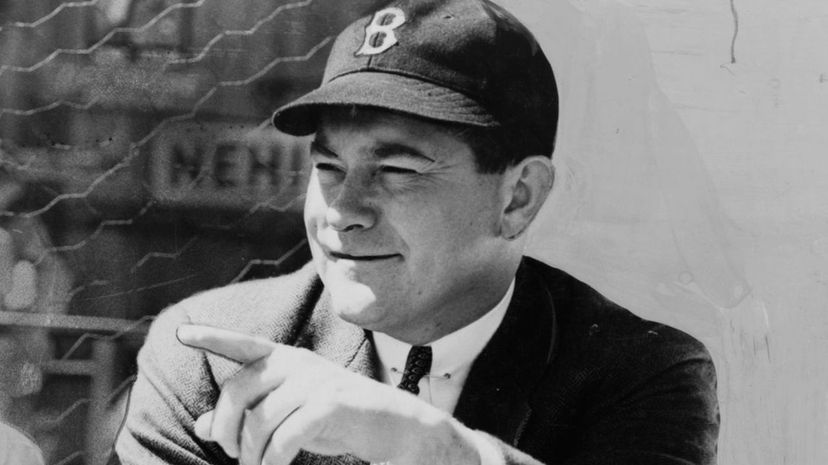
Tom Yawkey is one of the few baseball executives in the Hall of Fame, and like most executives, he is a complicated story. He is celebrated as the longtime President and owner of the Boston Red Sox, whom he nurtured through decades of futility with passion. On the other hand, he was a complicated man with very backwards ideas about race, making the Sox the last team to integrate.
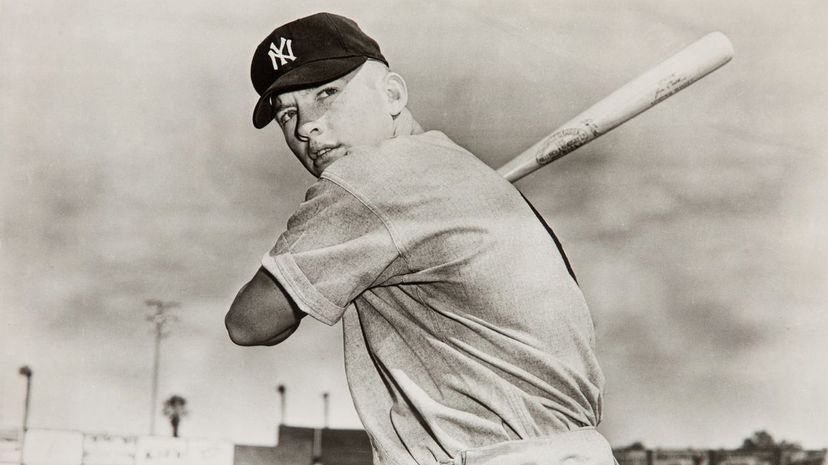
The Mick remains one of the most iconic Yankees of all time, and one of the greatest ballplayers ever. An astonishing switch-hitter and fleet-footed outfielder, his career was hobbled by injuries, and his life was haunted by his personal demons. In retirement, he opened a restaurant in New York City noted for its sundaes.
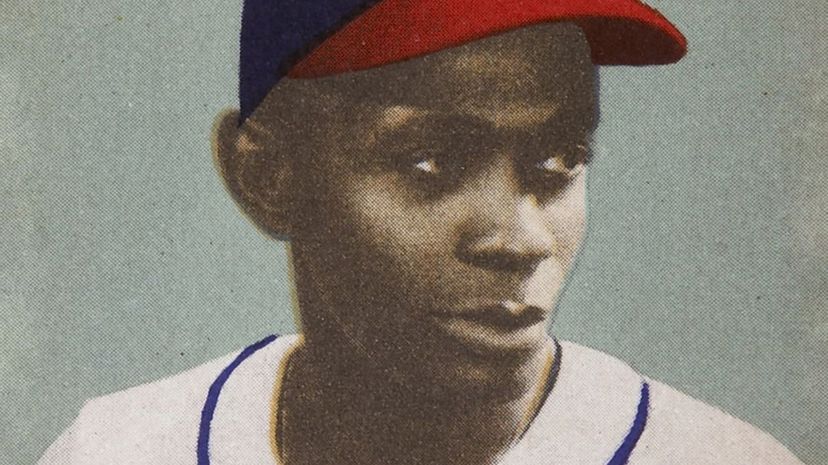
Satchel Paige loved playing the majors, and in his six-year MLB career, he had respectable numbers, but those numbers aren't the whole story, as he entered the majors at 41. Before the MLB, Paige was one of the superstars of the Negro League, and one of the arguments for the eventual integration of the major leagues.
Advertisement
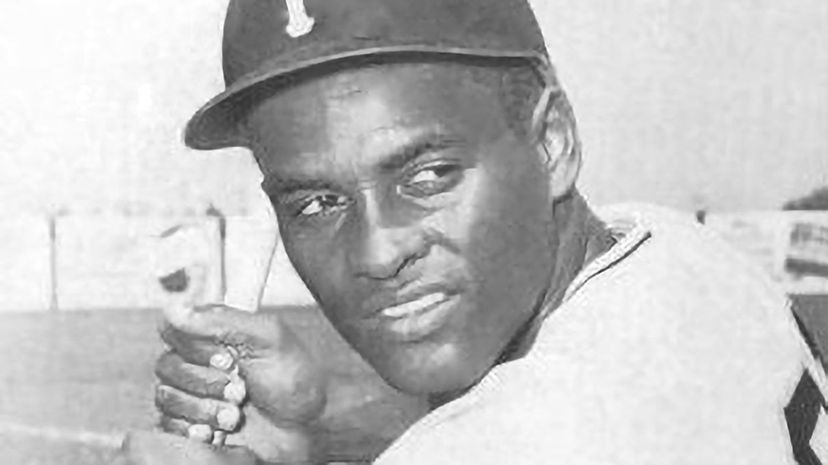
There is a reason the Roberto Clemente Award has little to do with on-field play. Though Clemente was one of the greatest players of his generation and a 12-time all-star, he is best remembered for his charity work. In 1972, while delivering humanitarian aid to Nicaragua, the Puerto Rican national hero died in a plane crash. Following his death, the Roberto Clemente Award was established in his honor.
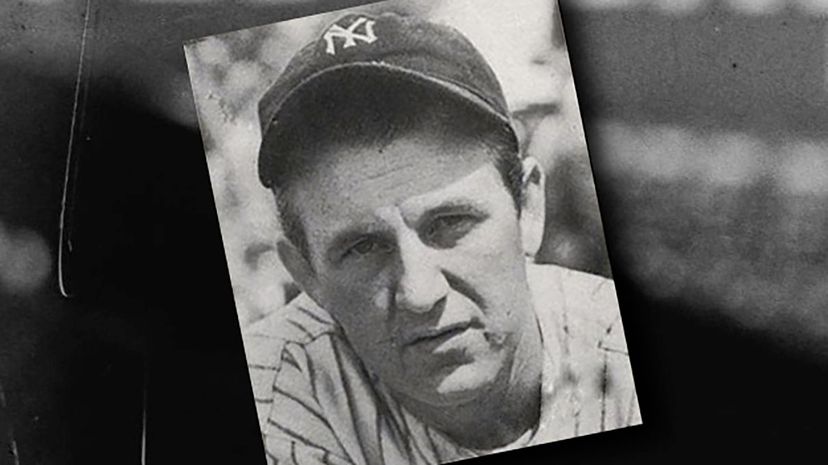
Lefty Gomez remains one of the most legendary pitchers in the history of the New York Yankees, and later, the Washington Senators. A left-hander, as his name would suggest, Gomez was part of the Yankees teams of the 1930s that compiled five World Series victories, in which he won seven games without any losses.
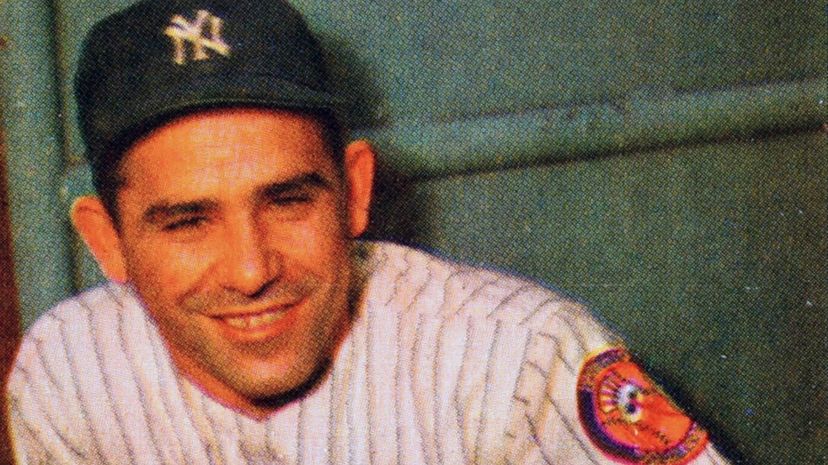
Yogi Berra was one of the greatest players of all time, even among Hall of Famers. He had 10 World Series victories. He was an All-Star 18 times. He caught for Don Larsen and Whitey Ford. Perhaps he is best known for his koan-like truisms, which include such nuggets as "It ain't over till it's over," and "You can observe a lot just by watching."
Advertisement
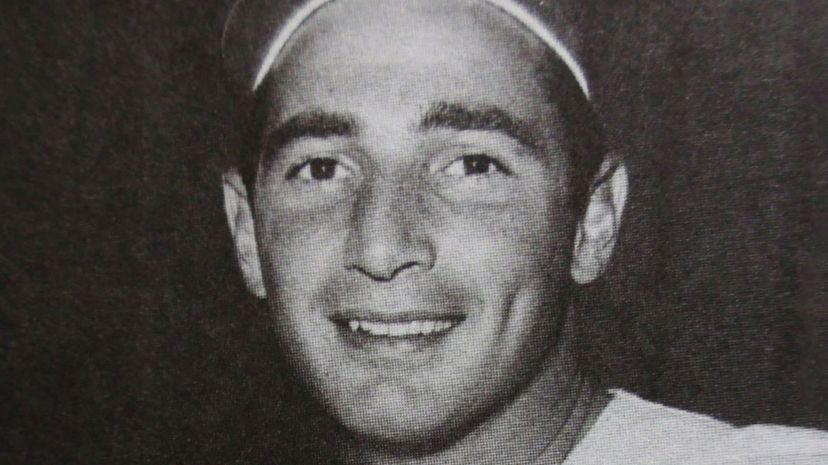
Sandy Koufax didn't blossom until fairly deep into his career, but once he did, he became a legend. He threw the eighth perfect game and a record four no-hitters. He is only one of five Hall of Fame pitchers with more strikeouts than innings pitched, and he is also famous for his decision not to pitch a game in the World Series because it fell on Yom Kippur.
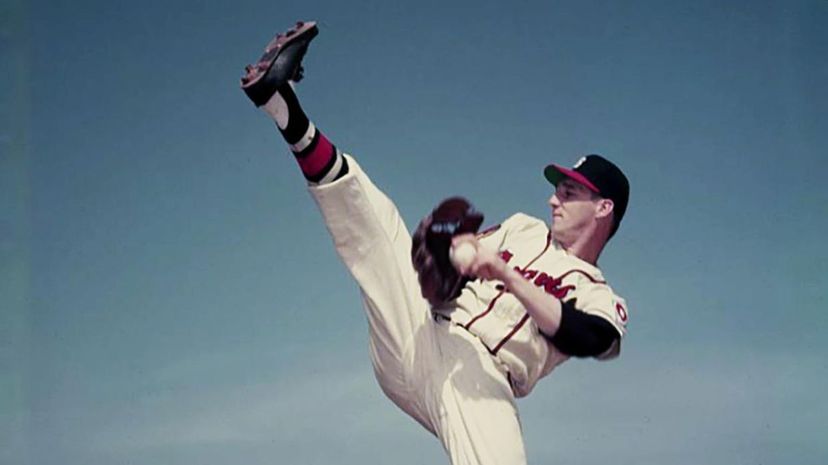
Winning 20 games in a season is tough for a pitcher, especially today when starters are treated like high-strung racehorses who might break an ankle because they saw a tree that spooked them. Warren Spahn not only won 20 games in more than one season, but he also won them in 13 seasons, as well as one 23-7 season when he was 42 years old.
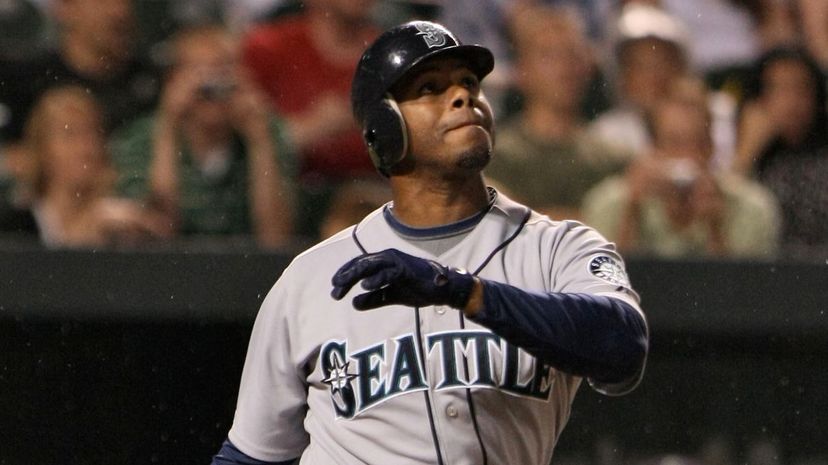
Ken Griffey Jr. could have been like A-Rod (minus the attitude) if he had remained healthy. One of the great natural hitters, the son of Ken Griffey Sr. played for the Mariners, but repeated injuries hobbled him and ended his career prematurely. Considering his injuries, his WAR of 83.8 is mind-blowing and more impressive than A-Rod's steroid-achieved 117.8 WAR.
Advertisement
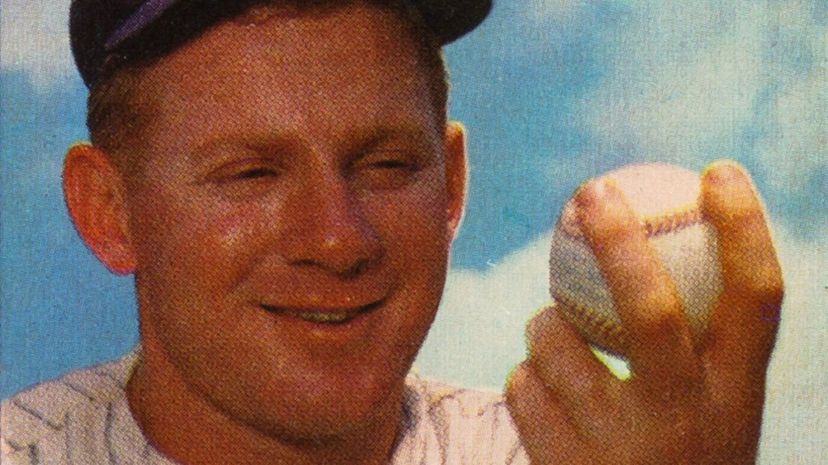
The Chairman of The Board, Whitey Ford was part of the New York Yankees's dream team of the 1960s, with a 2.75 ERA and yes, six World Series championships. In 1958 he posted an ERA of 2.01 in 30 games, leading the AL in ERA, and in 1961 he posted a 25-4 record, the best in the league, with 209 strikeouts.